Stress in the Workplace
The Dangers of Relentless Pressure
It hardly seems controversial to observe that stress, to at least a minor degree, is a component in everyone’s life. It’s a part of your life and it’s a part of my life.
Going up and down, it’s just something to be expected in one form or another throughout the days, weeks, months and years. It’s not necessarily a negative in small doses either; under the broader definition, it pushes us to accomplish tasks and achieve more personally and professionally.
However, under the Health and Safety Executive’s (HSE) definition as an ‘adverse reaction to excessive pressures’*1 it represents more problematic occurrences, particularly in sustained cases without relief.
Stress in the workplace is hardly a surprise, as demands, deadlines, environment, relationships and review all exert their toll. Unfortunately, it is this very normalisation of the issue that paves the way for a slippery slope; both employees and the workplace as a whole can (and will) face serious consequences by failing to acknowledge the dangers of relentless pressure.
Like continuously blowing air into a balloon, it’s only a matter of time before the thing violently bursts.
Normalisation of dangerous stress
Following the point about normalisation of dangerous stress, this practice tied to attitude is largely at the root of the issue going unnoticed and failing to be addressed.
On an individual level; too often a worker might feel that failing to cope with the workload placed upon them is automatically their failing, that it comes down to personal weakness rather than unreasonable company expectations. Ironically, this feeling in turn is likely to increase stress further as the subject blames themselves rather than factors which may be beyond their control.
Workplaces and management in turn can also be at fault for a number of reasons. Employee experience and skills may be poorly utilised, colleague support may be inadequate, or they may simply be missing the warning signs that a member or members of staff are struggling.
Then there is the unfortunate myth of “crunch” being a virtuous quality. I won’t name any names, but there have been some high-profile cases in recent years of companies actually boasting about staff engaging in crunch (long overtime hours) in order to meet project expectations.
While a dedicated workforce is certainly no bad thing, increasingly reinforcing a precedent where crunch-time is expected of reliable employees is part of the problem.
Gradually transforming an extreme exception into a rule, in turn makes it more difficult for sufferers of serious stress to openly seek help when they’re struggling.
Is it really so bad?
“Is it really so bad?” some of you might say.
There is another unfortunate myth that because stress is largely psychological, that it is somehow an imagined problem that’s all in the head.
Let me put it this way, the Japanese literally have a word for when someone is overworked to death: ‘karōshi’.
The body and mind are interconnected and if one is suffering the chances are the other won’t be far behind. Even if you don’t feel it immediately, the worst effects may still be on the way.
There have been several occasions in my life where I’ve had the misfortune of experiencing this situation personally, the worst being while I was working a pair of jobs that both demanded crunch time within the same week.
Feeling I was obligated to meet the related deadlines no matter what I “manned up” and got on with it, even as I began to feel physically ill from the overexertion. The week ended and thinking nothing more of this I tried to relax a little.
Like clockwork, a few days later I hit the floor, blacking out at a friend’s house seemingly without any warning.
As you can imagine, waking up a few minutes later there was some discussion about the cause, but I already knew what had happened. The stress had got me, it just took a few days to arrive and looking back it could have been even worse.
How dangerous is stress?
So, just how dangerous is stress?
Even looking at the short-term symptoms it’s not a pretty picture. Headaches, chest pains, severe fatigue, stomach upset, and unstable mood are just a few likely possibilities which may in turn lead into other problems such as increased alcohol intake, over or undereating and severe lethargy.
The long-term cost could be even worse as sustained stress that isn’t addressed has been shown to contribute to the likelihood of serious health problems such as high blood pressure, diabetes and heart disease. To say nothing of various mental health issues which may also be catalysed.
To get a glimpse of the bigger picture and how serious the issue is, it’s worth looking at some of the statistics gathered in a 2018 poll by the Mental Health Foundation*2:
- 74% of surveyed people felt they’d been overwhelmed by stress at some point in the past year, in some cases to a point where they couldn’t cope.
- The stats pointed towards substantially more younger respondents suffering overwhelming stress than older people.
- 46% noted they suffered knock effects from stress such as overeating or poor diet.
- 26% report that they either started drinking alcohol or increased their intake as a result.
- 51% of stressed adults surveyed mentioned feeling depressed, while 61% reported anxiety.
What unmanaged stress means for the workplace
The personal costs of serious stress are severe enough, but it’s also worth taking into account what unmanaged stress means for the workplace as a whole.
It may seem a slightly tired point as we often make it in these blogs, but it is very true; if your staff are stressed, tired, uninspired, irritable and close to breaking point then these qualities will seep into the workplace as a whole. If a workforce is unable to talk about and address feelings of stress comfortably then the pressure will find its way to the surface in other damaging ways.
Such unpleasant atmospheres are likely to spread amongst colleagues, flavouring how they view a company and eventually reaching the public in the form of news, company reviews and social media. Divisions rise, workforce cohesion breaks down and company productivity grinds to a halt.
Beyond this, stressed workers are more likely to make mistakes as they rush and panic; creating very literal risks to life in some cases. If you ask someone to do ten jobs in a day where they can only realistically manage five the chances are that they will complete them, but corners will be cut and if one of those is Health and Safety the clock may be ticking on disaster.
And finally, there is quite simply the waste of good talent.
Never forget that a job is meant to offer mutual benefits for both employer and employee; in exchange for carrying out duties effectively a worker will expect a reasonable standard of living being supported in return and ideally some satisfaction as they hone their career skills.
Should the balance tip and the job stress begin to severely impact a worker’s quality of life a number of outcomes may occur.
The worker may consciously stop giving 100%, dialling back their efforts as they embrace the feeling that they can no longer accomplish their role properly. Alternatively, if they continue working in spite of unmanageable stress they may simply burn out, becoming physically ill and taking absence which in turn may lead to abrupt departure and all their valuable experience leaving the company.
However you spin it, if your workforce is relentlessly stressed, sooner or later it will hurt the workplace as whole.
Take action against stress
Hopefully all of the above will have convinced you on how essential it is to take action against stress, but exactly what should be done?
Well the first point I’d like to make is the simplest; TALK.
If you are struggling to cope with unmanageable work stress, talking about it with someone is the first major hurdle. Ideally there will be a sympathetic manager or health and safety representative you can go to, but I appreciate sometimes it may not always be that simple.
If you don’t feel comfortable talking about it within the workplace then a doctor, a close family member or friend will at least provide a starting point. Organisations such as mind.org.uk are also available to offer advice and support confidentially.
When you feel like work responsibilities are closing in on all sides it can be easy to lose sight of it, but always remember; your well-being always comes first. No job is worth destroying your life over and there should be no shame in honestly admitting you are struggling.
Employers meanwhile need to ensure that support for good mental health is clearly signposted within their workplaces and that they recognise the warning signs when a colleague is suffering from stress.
Staff must feel they are able to talk about these issues without fear of punishment or ridicule, otherwise the problems will continue to fester. Mental health posters around your company is something anyone can do to begin developing awareness of support, while Mind suggests creating a ‘Stress Awareness Space’ where staff can freely share thoughts and feelings*3.
Having staff professionally trained in management of well-being could also help ensure stress issues are being effectively addressed, increasing productivity and general satisfaction with how a company is run.
In closing, I would like to throw out a few red flags everyone should be aware of:
- Regular arguments within the workplace.
- A notably high staff turnover.
- Commonplace sickness absence throughout a workforce.
- A large number of small mistakes.
- Decreasing staff performance with no obvious external cause.
Does this sound like your workplace? If so, it may be time for everyone to sit down and have an honest conversation about stress. Talk is the way forward, silence is a ticking time bomb.
Owen Roach
Marketing Assistant
SHEilds Ltd.
References
*1 https://www.hse.gov.uk/stress/what-to-do.htm
*2 https://www.mentalhealth.org.uk/statistics/mental-health-statistics-stress
*3 https://www.mind.org.uk/workplace/national-stress-awareness-day/

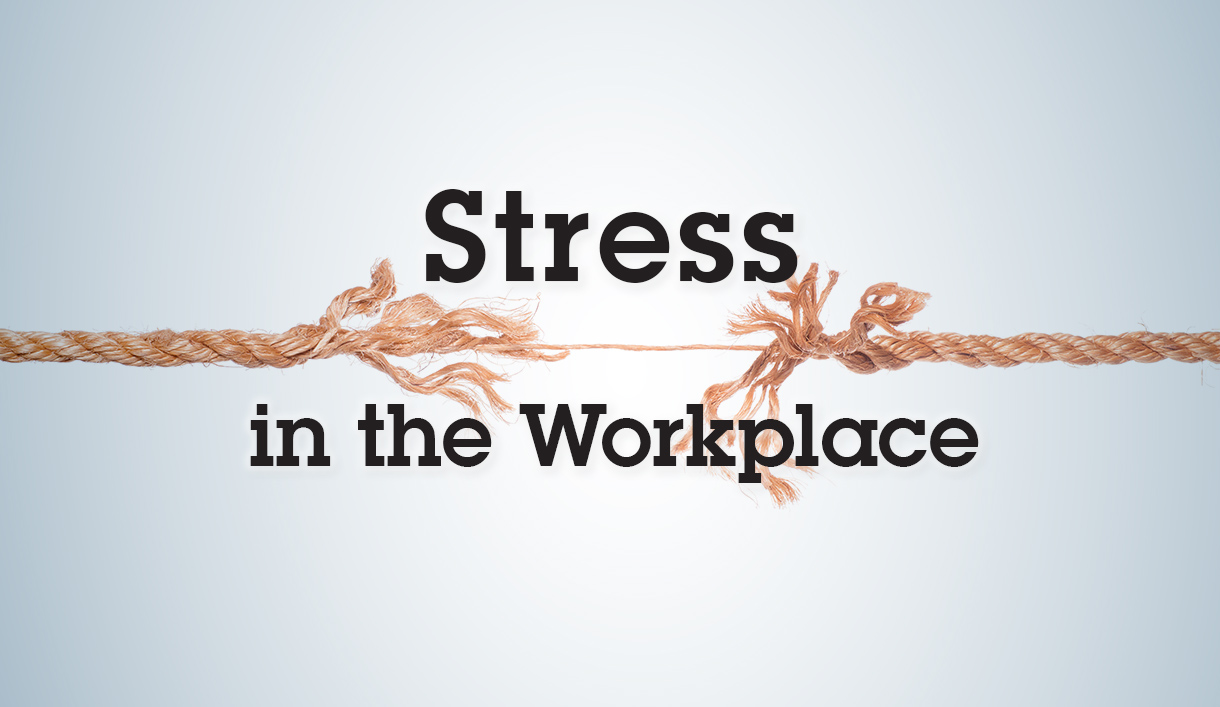

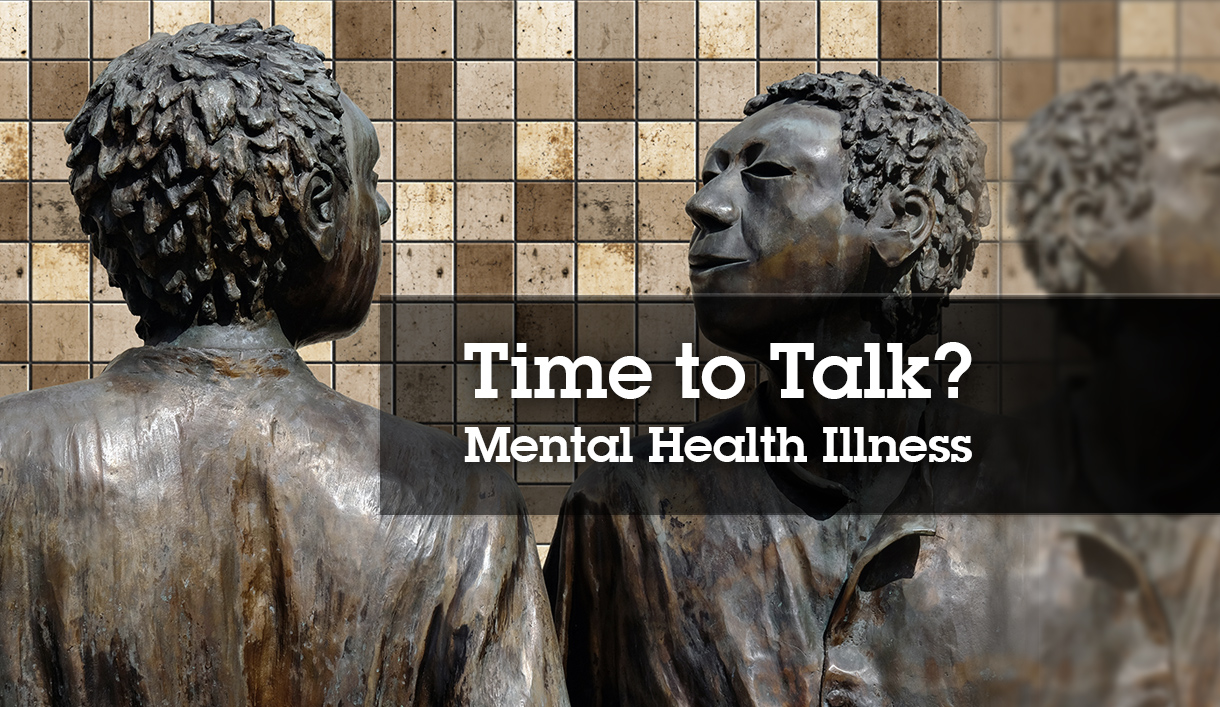
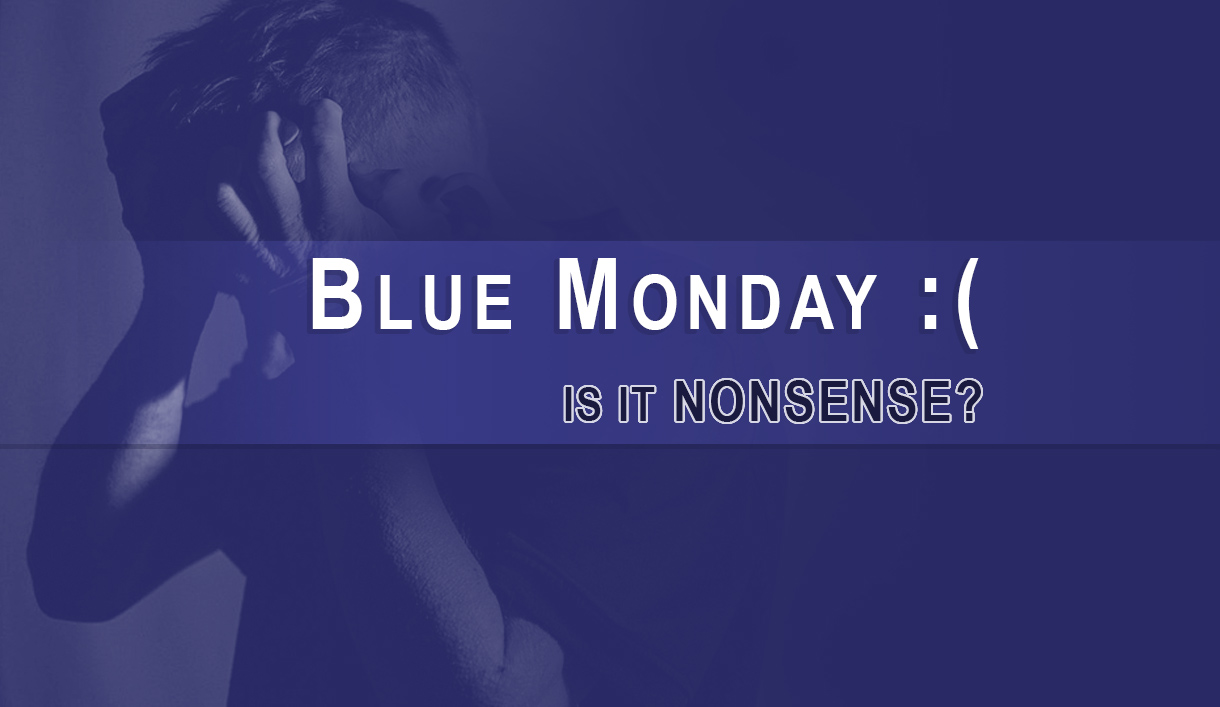
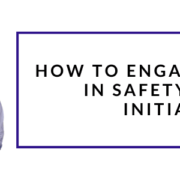
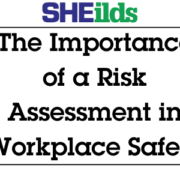
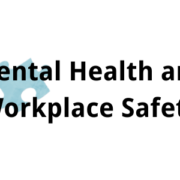
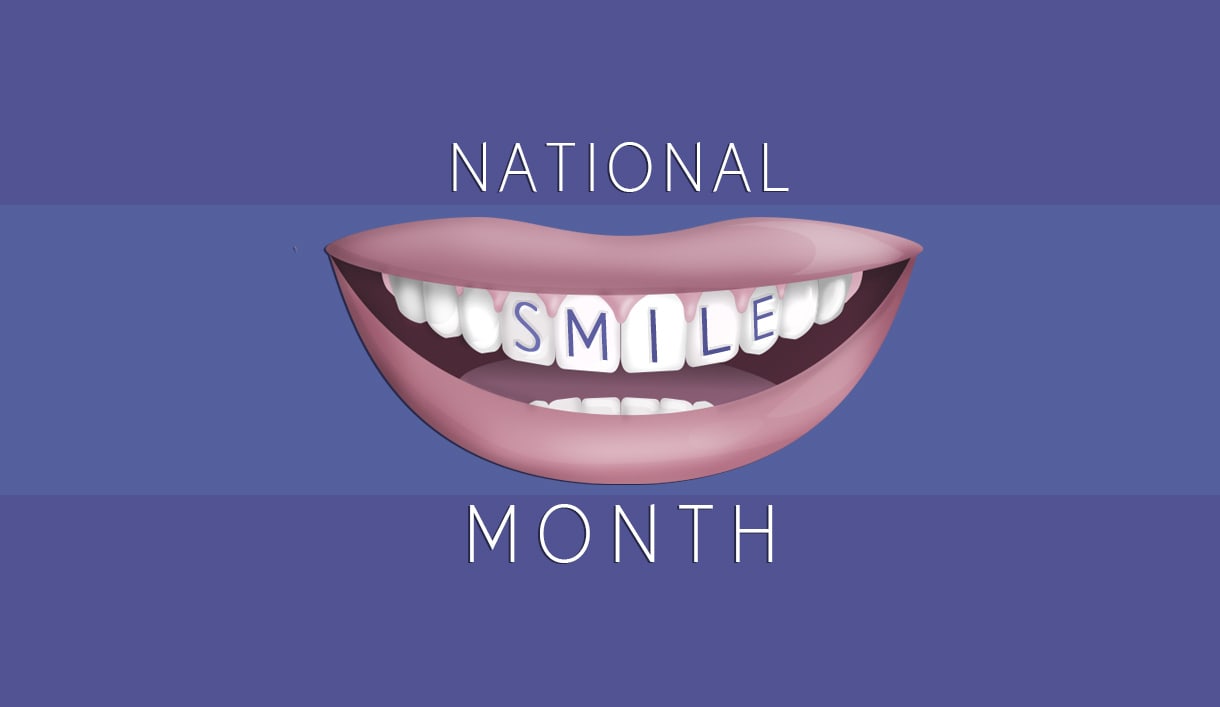
Leave a Reply
Want to join the discussion?Feel free to contribute!